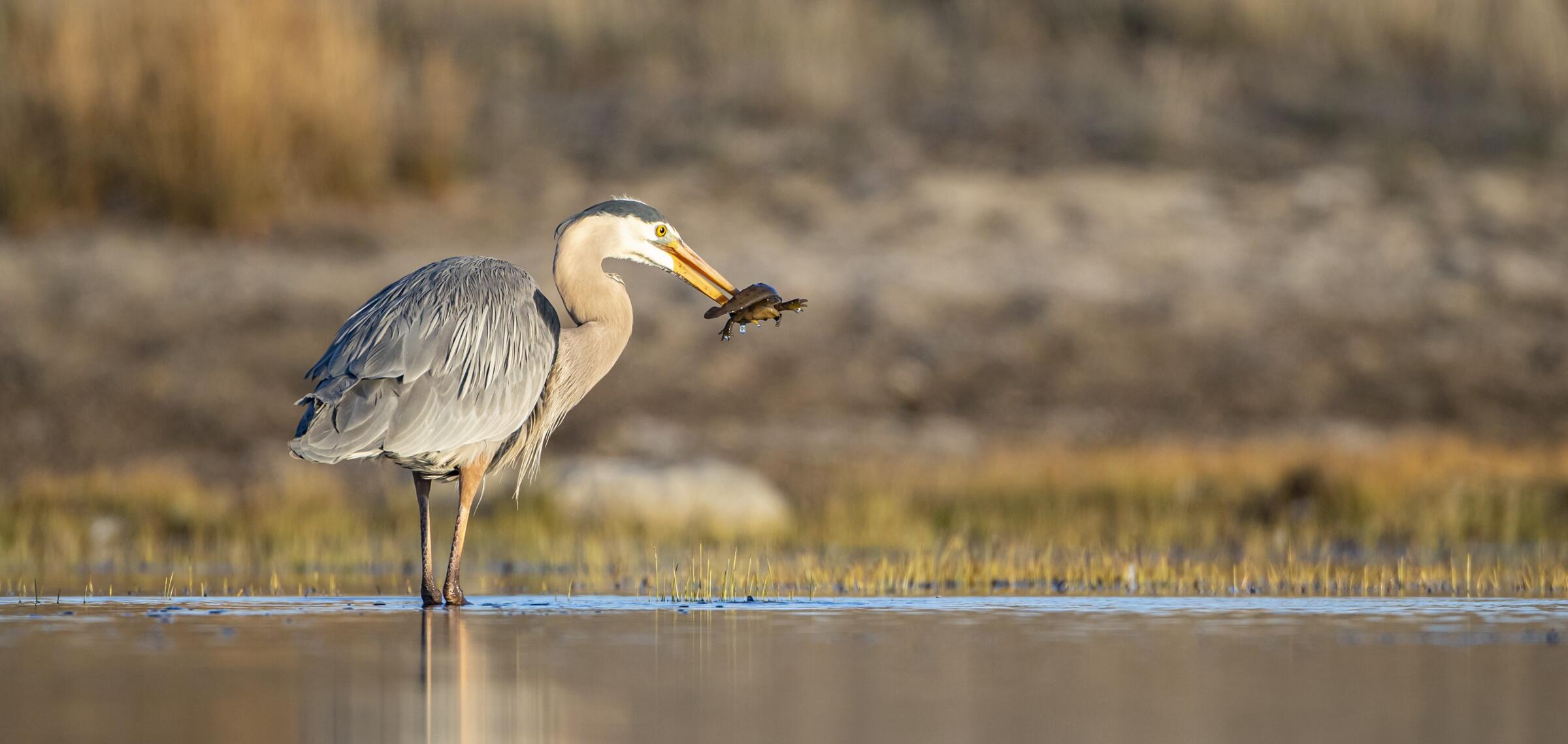American Oystercatcher
Latin: Haematopus palliatus
Conserving North Carolina's Coasts
Banded American Oystercatcher. Photo: Brittany Salmons/Audubon
The Audubon North Carolina Coast Islands and Sanctuaries Program manages and protects 40% of North Carolina's nesting coastal waterbirds and contributes to science that protects both breeding and non-breeding birds in the state year-round. This long-term commitment to these sites, and the partnerships with agencies and other organizations that are created and sustained by that work, are the foundation of our leadership role in coastal bird conservation in North Carolina.
The sanctuary program’s ongoing mission is to manage, monitor, and protect our sites using best practices and support partners in doing the same; provide meaningful data to agencies and policymakers; and lead and support research that generates new knowledge about coastal birds and the habitats they depend on. This work connects all of our other coast-related work: policy, planning, and advocacy for the sites and resources coastal birds need to face an uncertain climate future, and education and outreach that engages Audubon’s network and inspires individuals to support coastal conservation.
For more than 25 years, Audubon’s Coastal Island Sanctuary Program has been a model for conservation along the Atlantic Flyway.
We hope these FAQs on coastal birds will help you find the birds you most wish to see, better support birds during nesting and migration season, and more!

Great Blue Heron. Photo: Elizabeth Boehm/Audubon Photography Awards
Audubon is working with community members and partners in Tyrrell County to find nature-based solutions that address the area's biggest threats to birds and people.
Help secure the future for birds at risk from climate change, habitat loss and other threats. Your support will power our science, education, advocacy and on-the-ground conservation efforts.
Keep up-to-date on all that happens with Audubon North Carolina's research, events and volunteer opportunities.